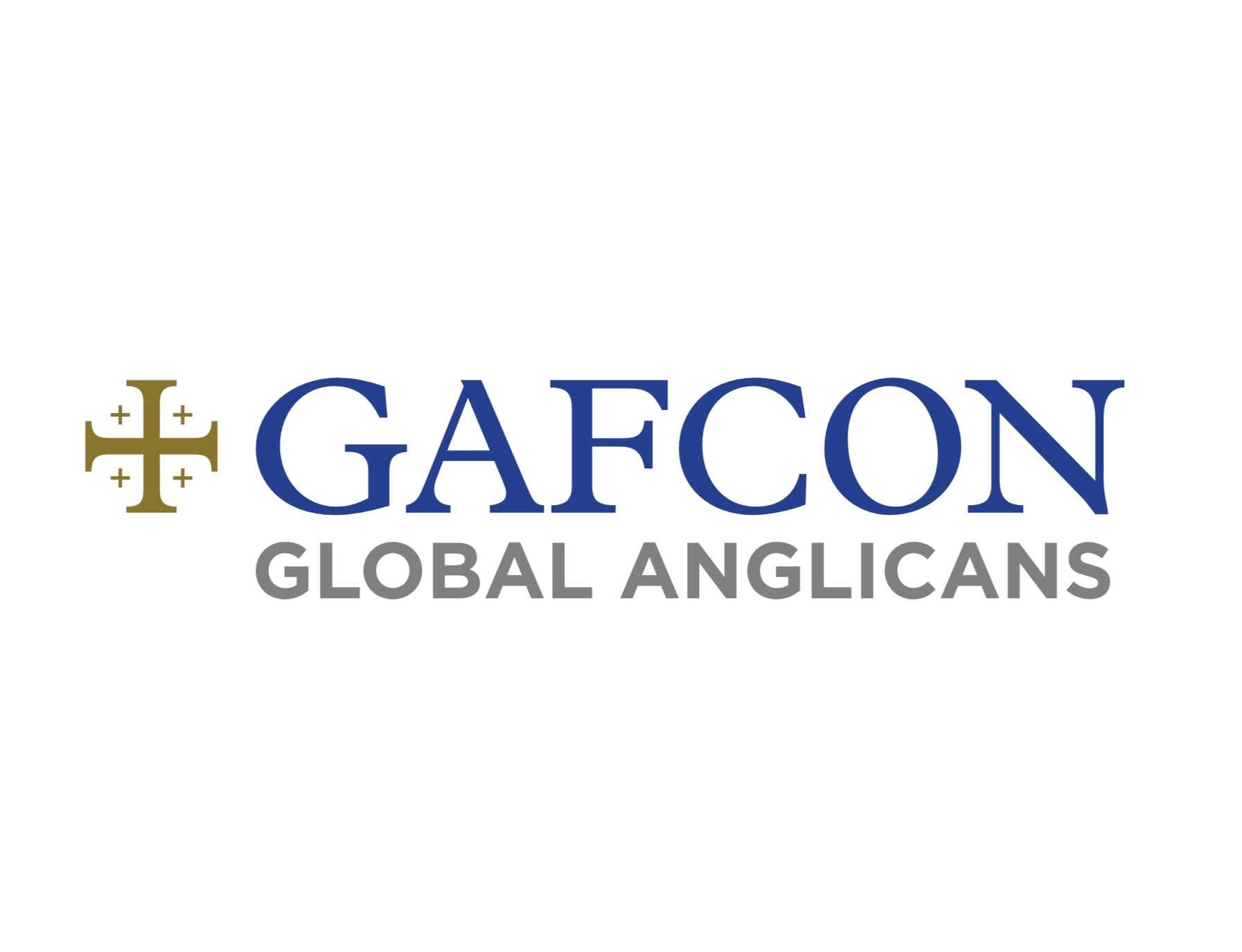Why Do I Support GAFCON?
On the occasion of GAFCON Day – 29th June
1. A Brief History
GAFCON (the Global Anglican Future Conference) was born in Jerusalem in 2008 in response to a profound crisis of doctrinal faithfulness within the Anglican Communion. This crisis deepened when some provinces in the Northern Hemisphere took decisions that contradicted the clear teachings of Scripture on essential matters of faith and morality. In response, bishops, presbyters, and lay people from across the world gathered to affirm the lordship of Christ and the supreme authority of God’s Word, rooted in the historic Anglican faith as expressed in the Thirty-Nine Articles of Religion, the Book of Common Prayer, and the testimony of the early Church (it is no coincidence that the first conference took place in Jerusalem).
Since then, GAFCON has been consolidated as a renewal movement within global Anglicanism, marked by biblical faithfulness, evangelistic mission, and fellowship among churches determined to stand firm in the truth of the Gospel.
2. The Achievements of GAFCON
The visible fruits of the GAFCON movement testify to its relevance and blessing:
- It has articulated a clear theological foundation in the Jerusalem Declaration, reaffirming the Gospel of Jesus Christ as the heart of the Church’s life and mission.
- It has convened global conferences (Jerusalem 2008, Nairobi 2013, Jerusalem 2018, Kigali 2023), strengthening communion and doctrinal direction for millions of faithful Anglicans.
- GAFCON has been instrumental in the establishment and recognition of new Gospel-faithful ecclesial structures, such as the Anglican Church in North America (ACNA) and the Anglican Church in Brazil, as well as several missionary dioceses in contexts where biblical faithfulness had been compromised. It has decisively supported the creation of the Anglican Mission in England (AMiE) as an expression of Reformed and Evangelical Anglicanism in a challenging cultural context, and from that base has extended support to mission across Europe. It has also encouraged and recognised new dioceses in New Zealand and Australia, welcoming Anglican communities that could no longer remain within ecclesial structures that had departed from the Gospel. Furthermore, it has formally welcomed REACH-SA (the Reformed Evangelical Anglican Church of South Africa), a church with deep historical roots and a firm commitment to expository preaching and doctrinal fidelity. It has highlighted the theological and spiritual leadership of the Global South, demonstrating that the vitality of Anglicanism does not depend on institutional prestige but on faithful mission to the Lord Jesus Christ.
- It has maintained a collegial, episcopal, and global leadership, avoiding both personalism and authoritarianism, and fostering fraternal consultation, shared responsibility, and broad representation of various provinces.
- And not least: GAFCON is not burdened by a vast bureaucracy or hidden power structures. It is a transparent movement, dependent on many, many men and women of goodwill. Its strength lies in communion, not centralisation. And its progress also depends on our commitment, our prayers, and our concrete support.
3. The Challenges of GAFCON
Despite its progress, GAFCON faces key challenges ahead:
- Spiritual unity and effective cooperation: Cultural and ecclesial diversity requires growth in humility, generosity, and collaboration, without losing doctrinal clarity.
- Formation and discipleship: There is an urgent need to raise new leaders, theologically sound and pastorally wise, to face the challenges of the 21st century.
- Evangelistic mission: GAFCON is not a defensive bastion but an offensive movement of the Kingdom. Its goal is to reach the world with the Gospel, not merely preserve orthodoxy.
- Public witness: In an increasingly hostile culture, we must bear witness to the truth of Christ with clarity, courage, and grace.
- Institutional sustainability: The consolidation of new dioceses and provinces demands healthy structures, faithful leaders, and shared resources.
- Maintaining collegial leadership: One of GAFCON’s greatest strengths has been its model of collective leadership, where primates, bishops, and lay representatives deliberate together under the authority of the Word. This model must be upheld firmly, avoiding both fragmentation and concentration of power in particular individuals or regions.
- Encouraging the participation of all the faithful: GAFCON does not advance on its own. Every committed believer, every faithful parish, every praying and proclaiming diocese is a vital part of this effort. We are not spectators; we are active participants.
For all these reasons, I support GAFCON.
Because it represents real hope for the future of Anglicanism. Because it does not yield to error but proclaims with humility and firmness that Christ alone is Lord. Because it believes in the authority of Scripture, the centrality of the Gospel, and the urgency of mission. Because it seeks a holy Church, not a complacent one; a biblical Church, not an ideological one; a living Church, not merely an institutional one.
This 29th of June, I give thanks to God for GAFCON and pray that, in His mercy, He will continue to use it as an instrument of reform, unity, and faithful witness until Christ returns.
Soli Deo gloria.
